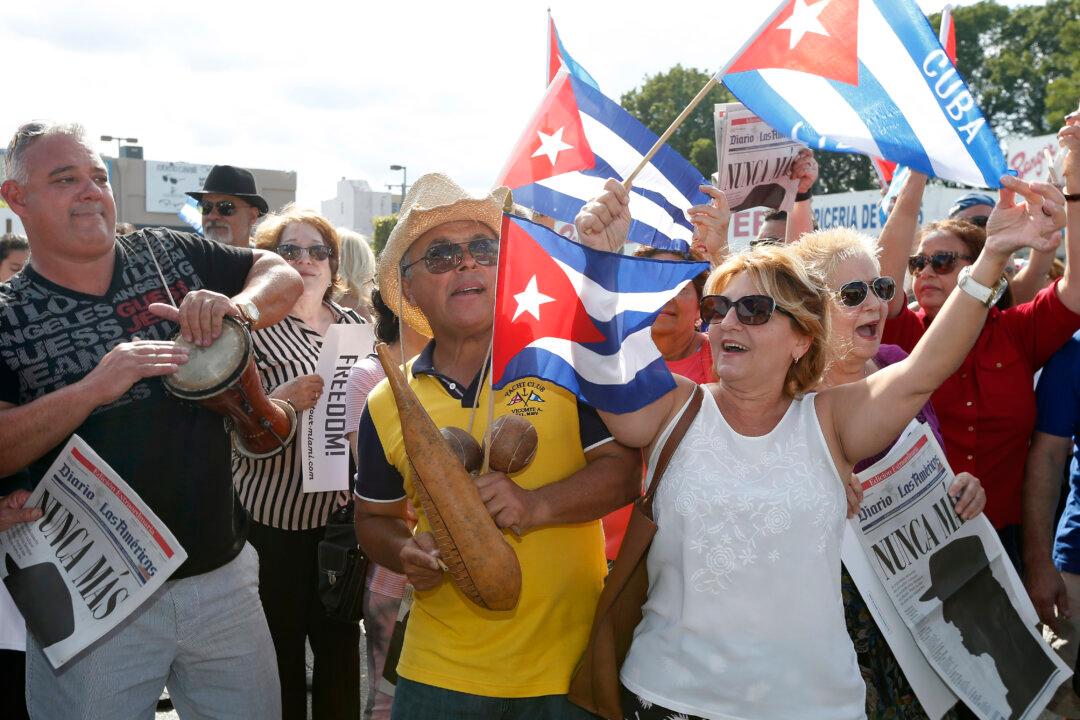Salvador Sanchez Ceren, the left-wing president of El Salvador, said he felt “deep sorrow ... of my friend and eternal companion, Commander Fidel Castro Ruz.” Sanchez Ceren was a guerrilla leader in the Civil War in the 1980s marked by terror and death squads.
Mexican president Enrique Pena Nieto tweeted that “Fidel Castro was a friend of Mexico, promoting bilateral relations based on respect, dialogue and solidarity.”
Peter Hain, a former member of the British Cabinet and anti-apartheid campaigner, tempered praise for Castro with criticism of some aspects of his long rule.
“Although responsible for indefensible human rights and free-speech abuses, Castro created a society of unparalleled access to free health, education and equal opportunity despite an economically throttling USA siege,” Hain said. “His troops inflicted the first defeat on South Africa’s troops in Angola in 1988, a vital turning point in the struggle against apartheid.”
With reporting by Associated Press





